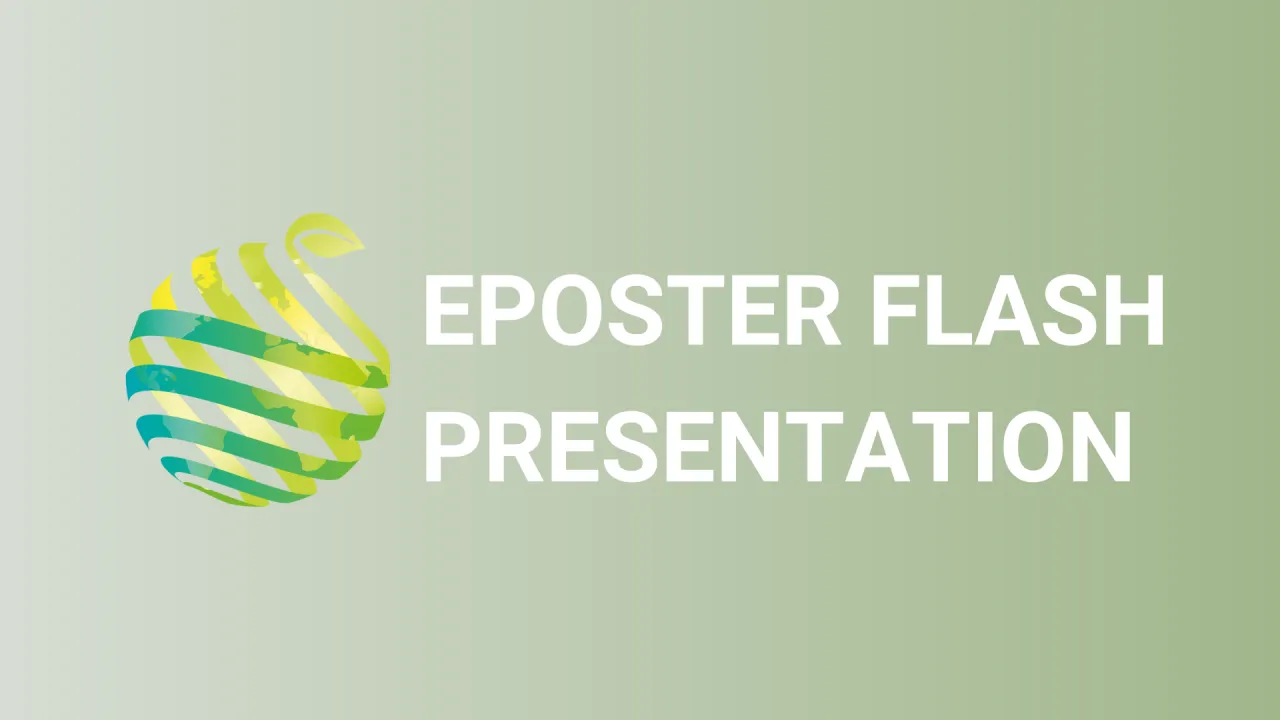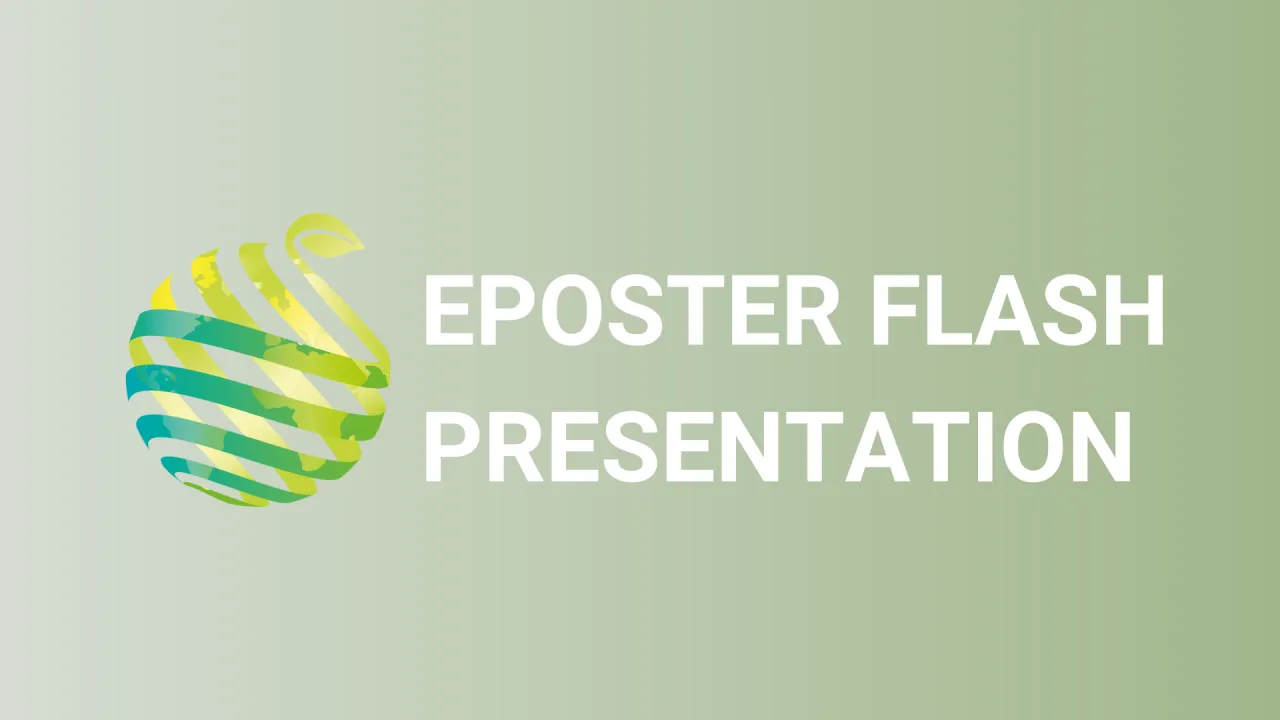

S06 - Session P2 - Valorisation of different organic horticulture waste streams as wet food source for entomoponically reared mealworm (Tenebrio molitor)
Information
Authors: Simon Craeye *, Carl Coudron, Peter Bleyaert, Maarten Ameye
Entomoponics has been defined as a production system, combining insect rearing and hydroponic greenhouse production in the same environment. It is considered a way of increasing profitability by making more efficient use of space and energy and reducing processing costs for organic waste, as the latter is used to provide a food source for the insects. Insect rearing takes place in the climatised, and until now, unused space underneath the substrate supporting gutters, saving on operational costs compared with a rearing installation in a climate room. The feasibility of a mealworm ( Tenebrio molitor ) rearing system in combination with a greenhouse cucumber cultivation has recently been proven . Mealworms are fed with dry wheat bran supplemented with a moist food source. The suitability of damaged tomato fruits and cucumber prunings has already been demonstrated. Feeding mealworms waste or inferior by-products originating from the vegetable production enhances the circularity of this cultivation technique. In this study 15 different organic waste streams are evaluated as wet feed for mealworm cultivation in a tomato greenhouse. Residues from cucumber, tomato, zucchini, bell pepper, eggplant, strawberry and lettuce production are dosed ad libitum and results are compared with the reference being agar-agar. The effect of the food source on the larvae growth rate and total insect production was determined. Residue volume requirements were calculated, facilitating future scale-up and implementation in professional greenhouses. Business cases for entomoponic systems combining mealworms and high wire cultivated cucumber or tomato were developed, based on the added value created.